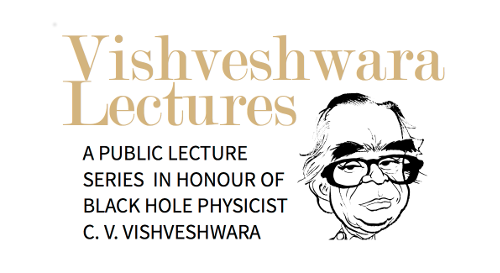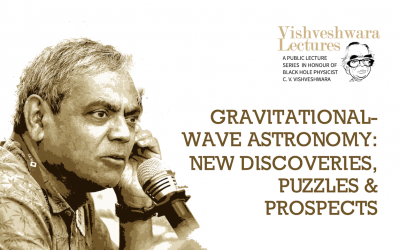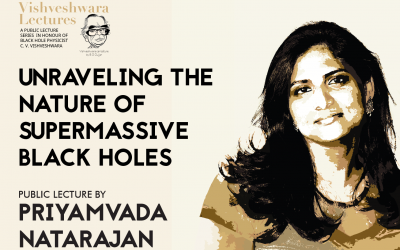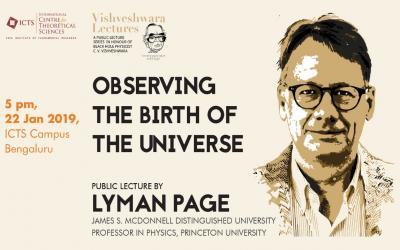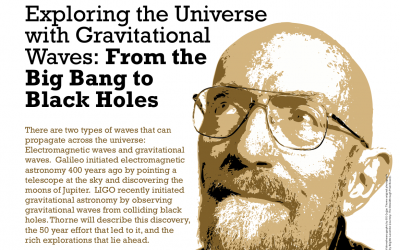Roger Blandford (Stanford University)
18 January 2025, 17:00 to 18:30
St. Kuriakose Elias Auditorium, CHRIST (Deemed to be University) Bangalore
Although traditional astronomy was associated with visible light, it grew enormously in the twentieth century with the opening up of the electromagnetic and non-electromagnetic spectra. This happened in parallel with the development of quantum mechanics, which was employed by astrophysicists to...more


